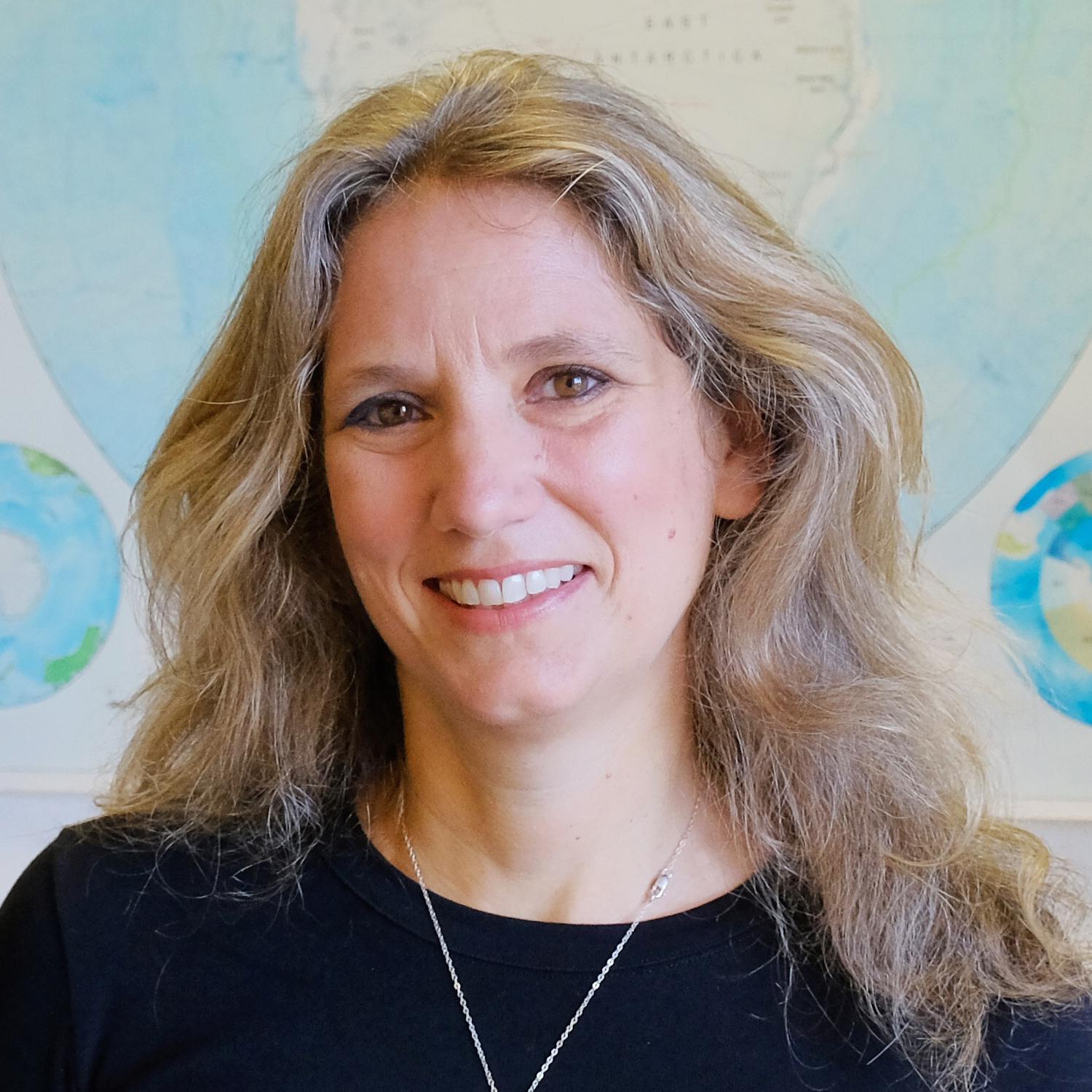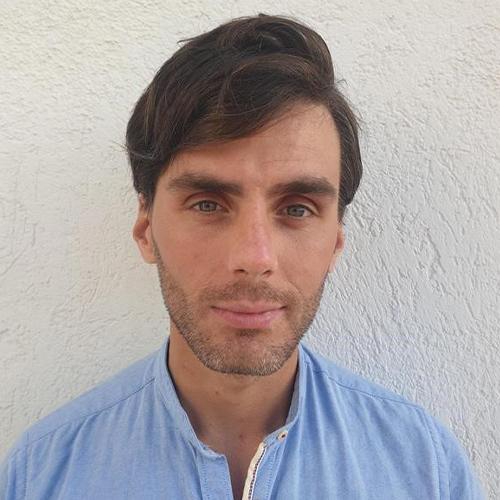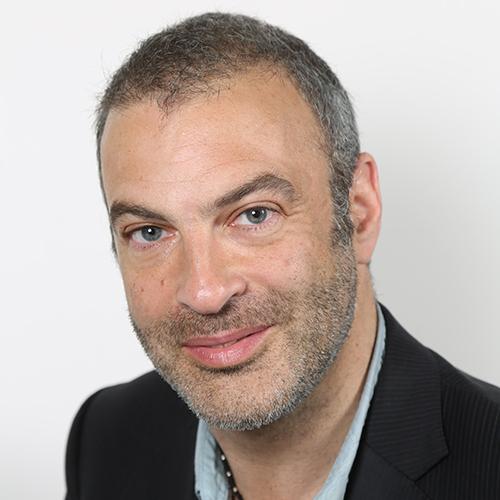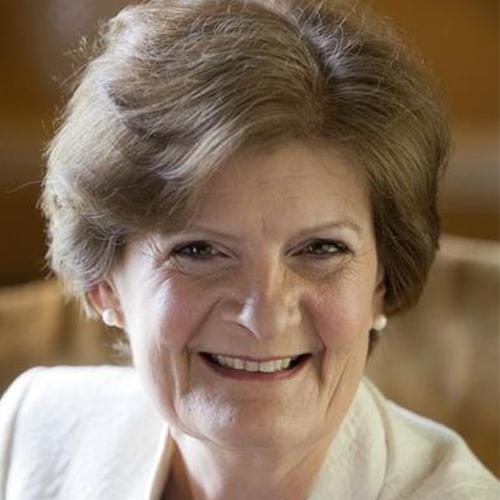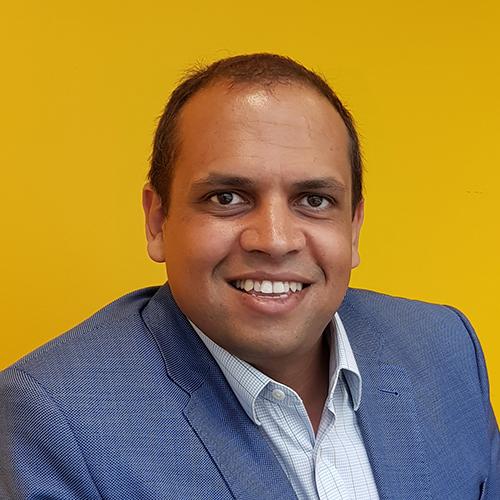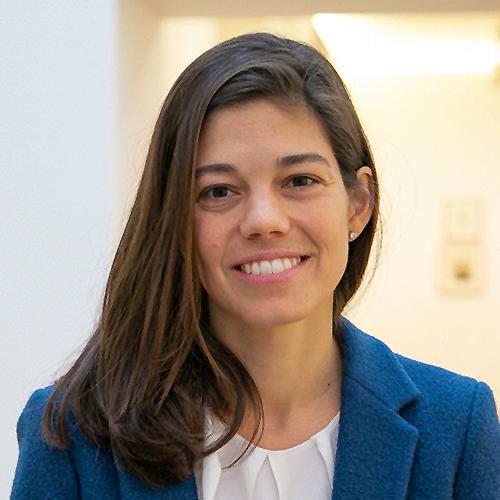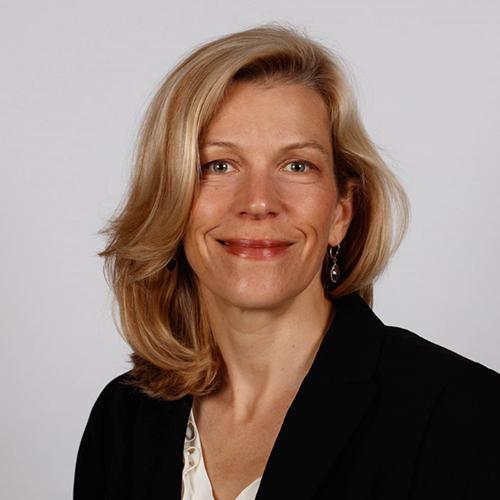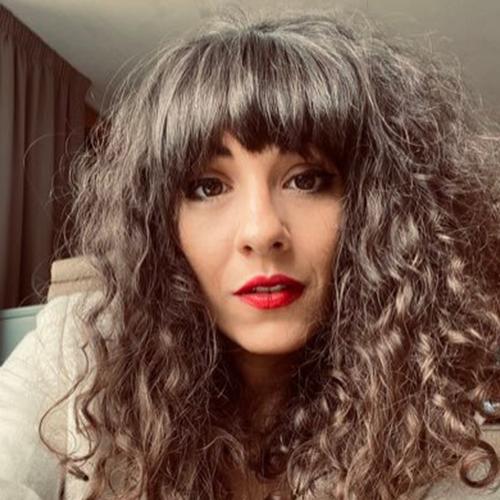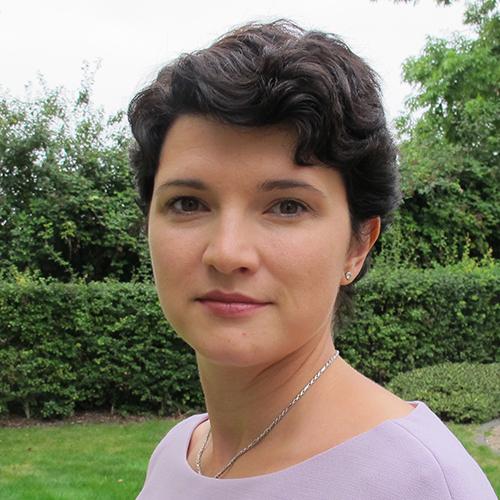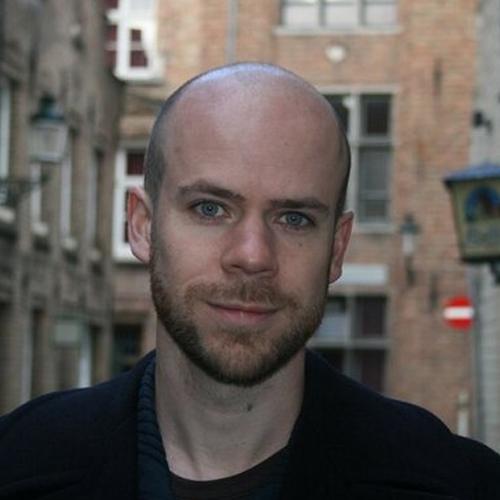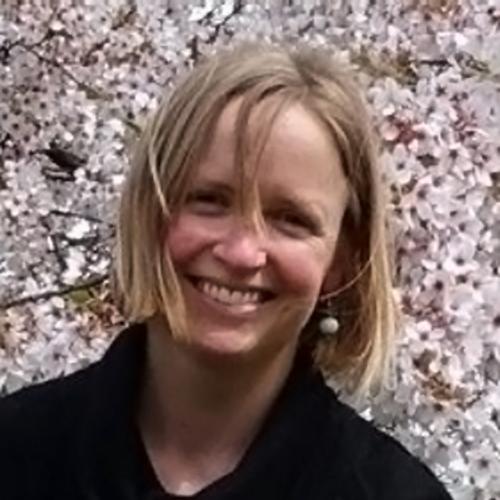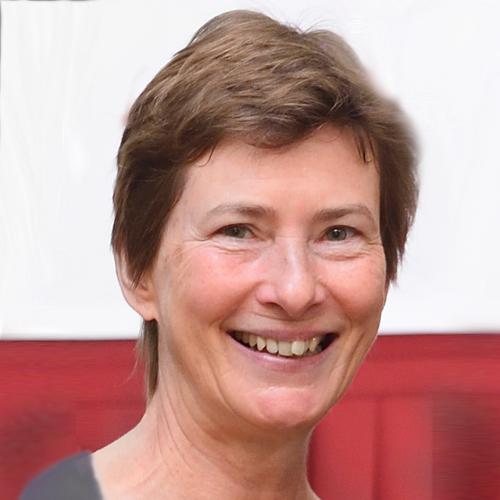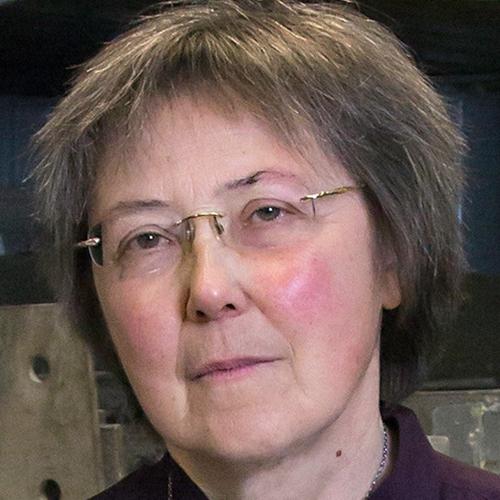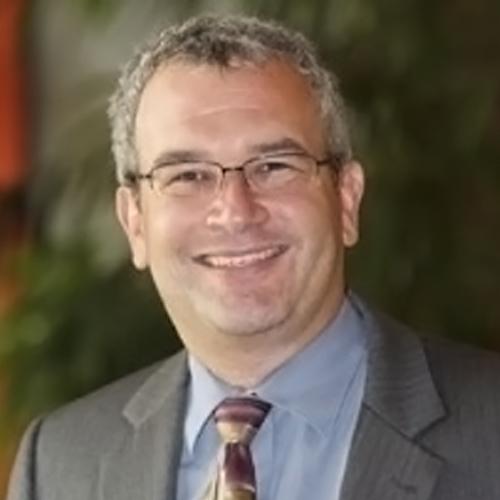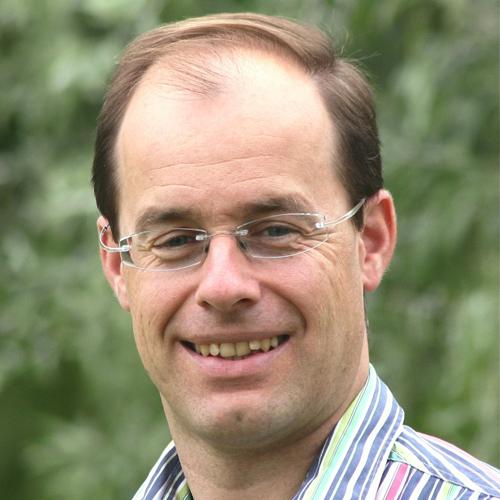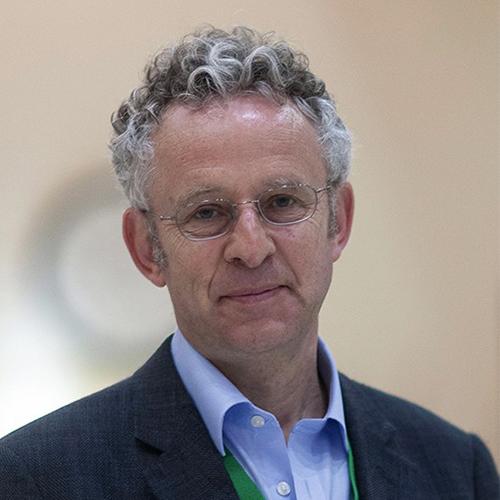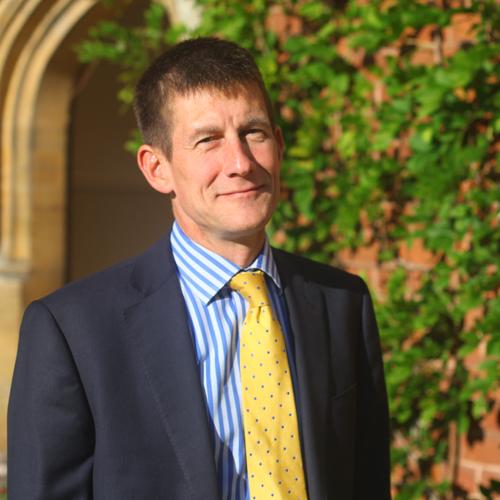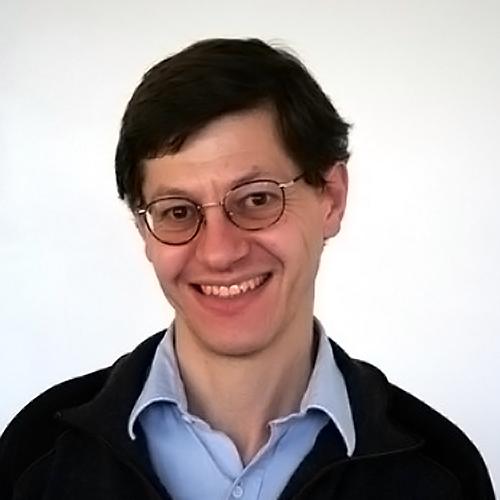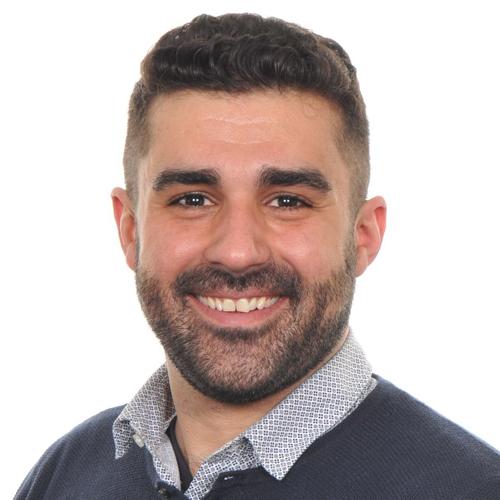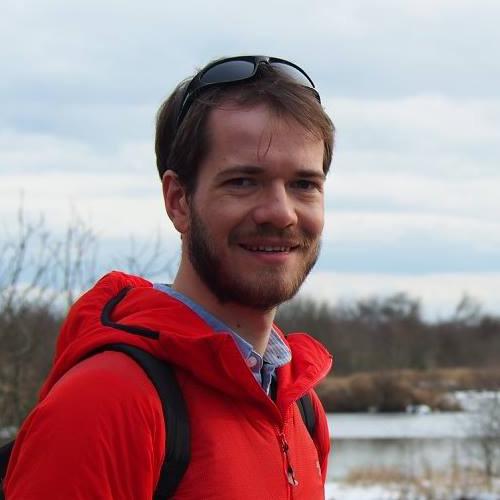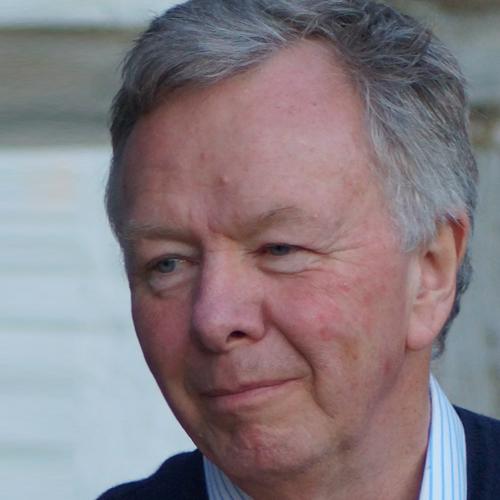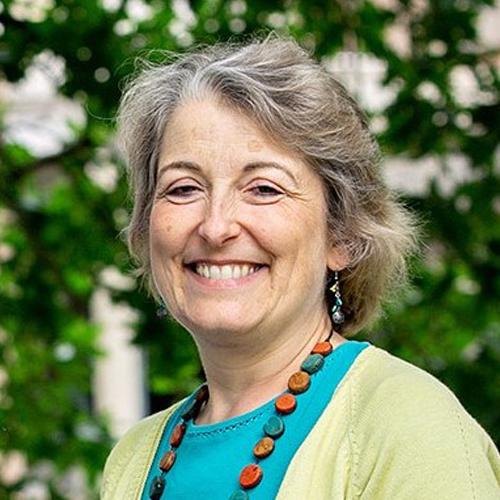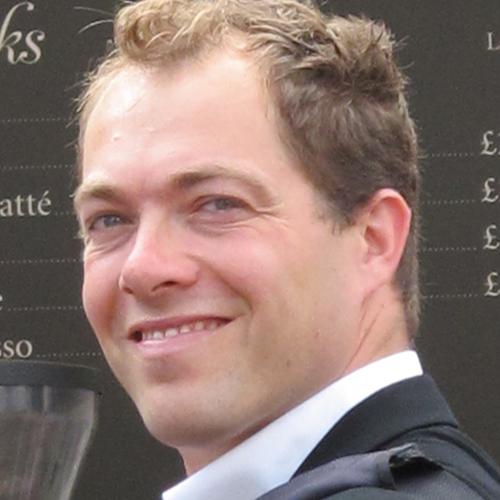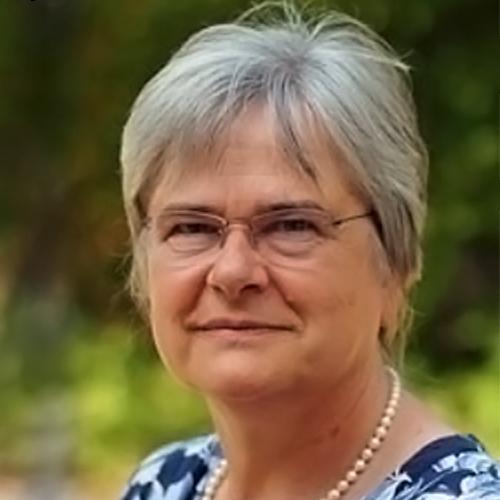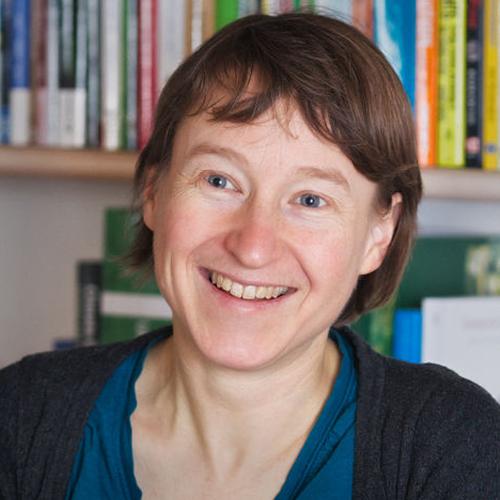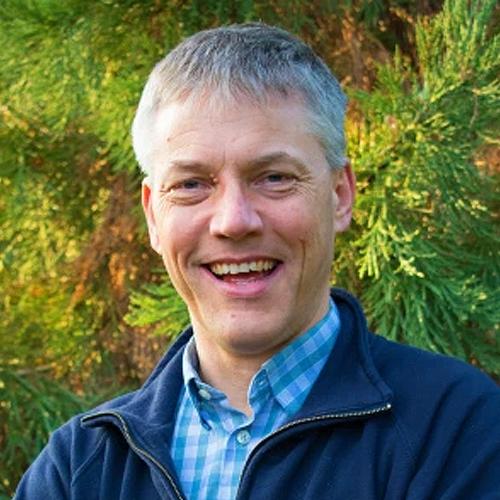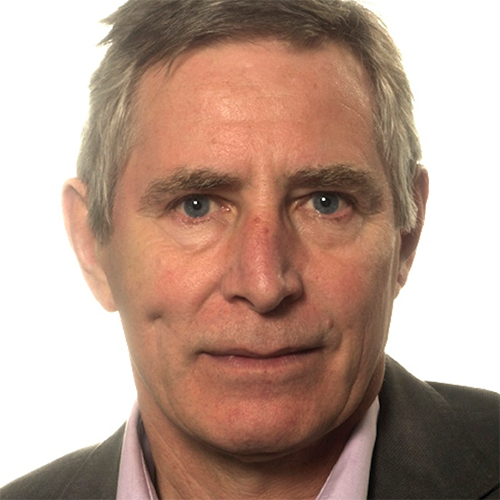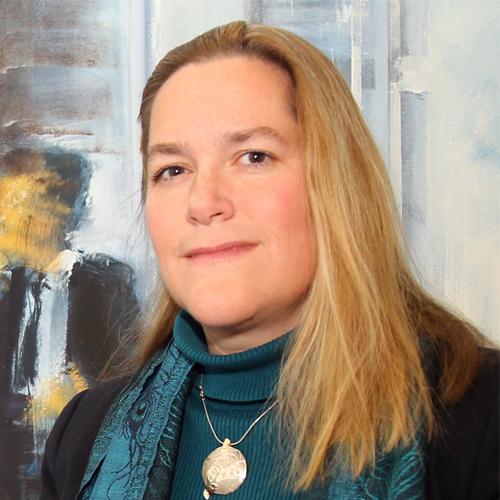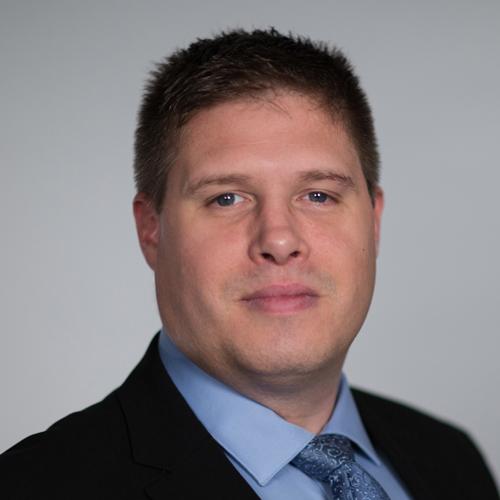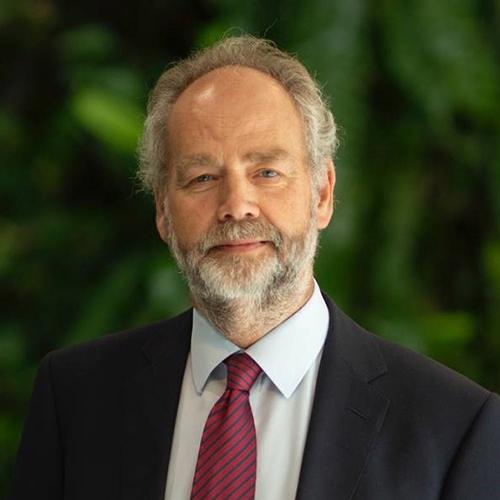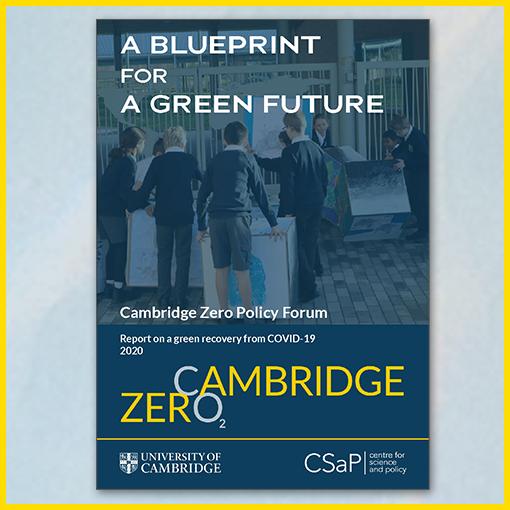
As we enter a new national lockdown, we need to take this time to think about the months and years ahead. This is a crucial moment for the UK and the world. We are dealing with a pandemic, but we must also take urgent action to prevent an even more destructive environmental future. How we choose to prioritise an economic and societal recovery will dramatically affect the outcomes of both for future generations.
The Cambridge Zero Policy Forum has brought together ideas from senior academics across the University of Cambridge to present a multidisciplinary perspective and series of recommendations for policymakers and industry in an ambitious new report: A Blueprint for a Green Future.
Green Recovery Report Authors and Contributors
The Cambridge Zero Policy Forum is a collaboration between Cambridge Zero and the Centre for Science and Policy, bringing together over 80 senior academics from across the University of Cambridge to help tackle the policy challenges posed by the transition to a net-zero society. Learn more about the authors and contributors to this Green Recovery report below.
